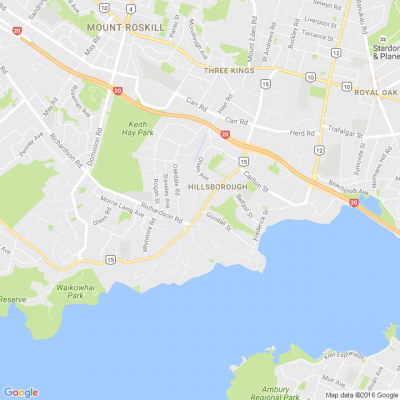Te Ara o te Raukura - Day 31
The Path of the Feather
In a quiet Māori village surrounded by dense ngahere (forest) and flowing rivers, a young woman named Aroha sought guidance for her restless heart. Aroha was gifted with a sharp mind and quick hands, which earned her admiration among her people. But she often felt torn between her desire for material success and a deeper yearning for peace.
One day, she climbed to the peak of Maunga Tapu (Sacred Mountain) to visit her kaumātua, Tohunga Matua, a wise elder known for his connection to wairua (spirit) and mātauranga (knowledge).
“E kui,” Aroha began, kneeling before him, “I feel trapped, as if my pursuit of worldly things has chained me. Yet, I cannot let go. What can I do?”
Tohunga Matua smiled and reached into his kete (basket), pulling out a raukura (feather). He held it high, letting the wind dance with it. “Aroha, this feather teaches us the essence of life. Do you see how it floats freely when it is released to the wind, but it falls to the ground when we cling to it?”
Aroha nodded, intrigued but unsure. “But how does that help me, e kui?”
Tohunga Matua continued, “The rāhui of our ancestors teaches us the principle of balance. The mana of a person—like the feather—determines their path. If your mind clings to the material, like a bird tied to the earth, you are bound. But if your mind lets go of attachment, you rise and find freedom.”
Still puzzled, Aroha asked, “But how do I let go of the things I desire? They feel so real.”
The elder picked up a smooth stone and handed it to Aroha. “Hold this stone tightly,” he instructed.
Aroha clenched the stone in her fist. Tohunga Matua then poured water from a calabash over her hand. The water ran over her skin, but none could reach her palm. “Your desires are like this stone, moko. When you cling to them, the waters of life cannot nourish your spirit. But if you open your hand…”
Aroha opened her palm, and the stone fell. The water now flowed freely over her hand. “When you release your grasp, you allow life to fill you with wairua. You let your spirit rise.”
From that day forward, Aroha practiced the teachings of the raukura. She found joy in simplicity, cherishing her connections to her whānau and whenua (land). Her success no longer defined her mana. Instead, it was her ability to uplift others and maintain balance in her life that gave her freedom.
Years later, when Aroha became a respected rangatira (leader), she shared the lesson of the feather with her people. “Our mind determines whether we are bound or free. Let us let go of what weighs us down and rise like the raukura, carried by the winds of wairua and wisdom.”
Moral:
The story reflects the principle of “The mind is the cause of bondage and liberation. Attachment binds, while detachment liberates.” from the Srimad Bhagavatam. It teaches that attachment to material desires binds us, while detachment and spiritual focus lead to liberation. The tale highlights the importance of balance, wairua, and mana in achieving inner freedom.
Can You Crack This? A Riddle That'll Leave You Stumped!
I have teeth but can’t bite. What am I?
Do you think you know the answer to our daily riddle? Don't spoil it for your neighbours! Simply 'Like' this post and we'll post the answer in the comments below at 2pm.
Want to stop seeing riddles in your newsfeed?
Head here and hover on the Following button on the top right of the page (and it will show Unfollow) and then click it. If it is giving you the option to Follow, then you've successfully unfollowed the Riddles page.

What word sums up 2024, neighbours?
If 2020 was the year of lockdowns, banana bread, and WFH (work from home)....
In one word, how would you define 2024?
We're excited to see what you come up with!

Share your summer photos! 📷
Taken some beautiful snaps lately? Whether it's rainbows, sunsets or a beautiful summer's day, we'd love you to share the joy with us.
Share a photo in the comments below








 Loading…
Loading…




